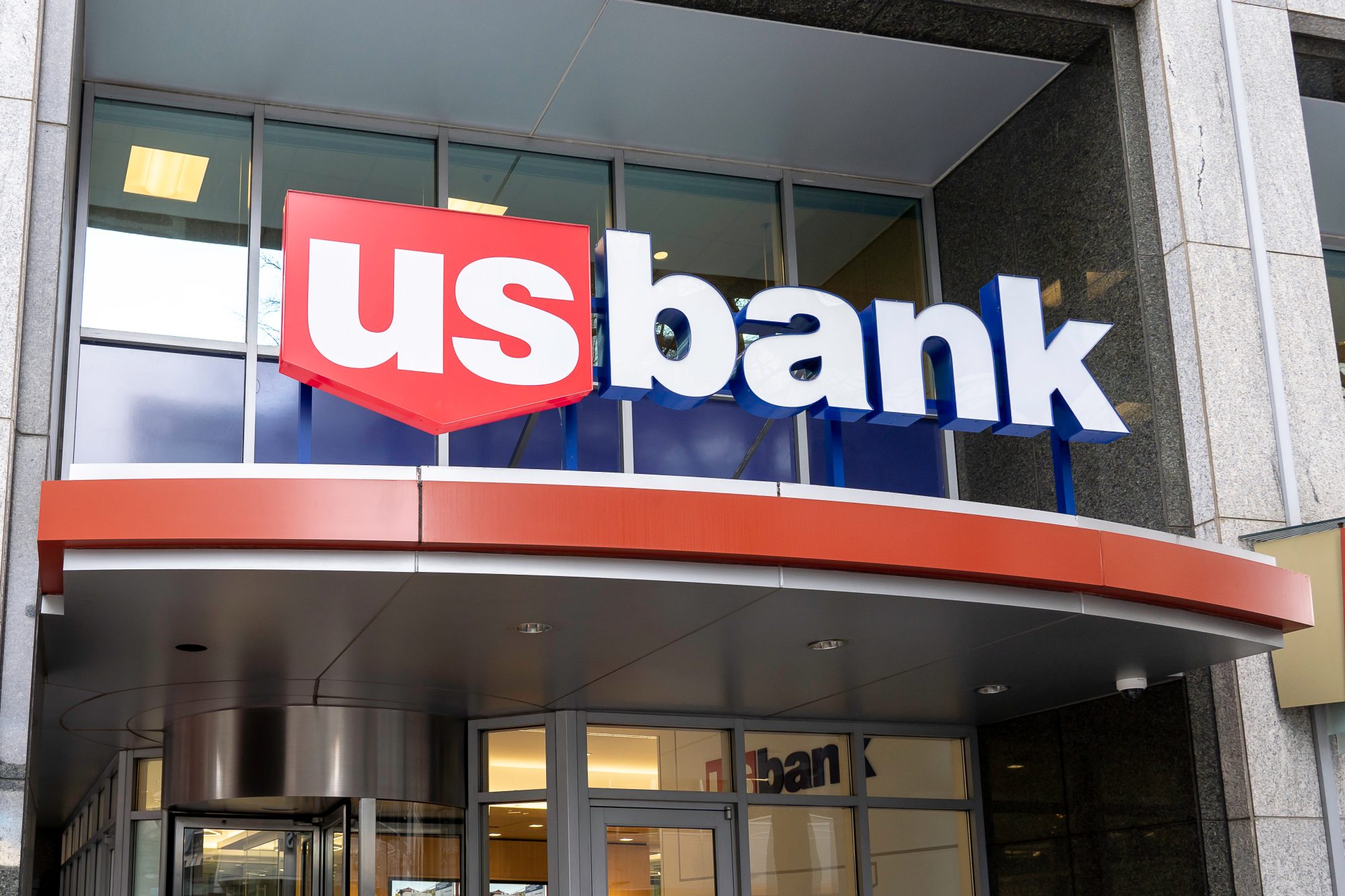Chess Grandmaster, Patrick Wolff, called himself a Warren Buffet ‘disciple’ in an interview with Opalesque TV’s, Greg Spoelberch. Wolff, a two time US Chess Champion and Harvard alumni, still plays chess, but he is now more famous for his two year old hedge fund, Grandmaster Capital. The aptly named fund returned 22 percent through August of last year. Wolff has worked closely with Peter Thiel at Clarium Capital, where he served as the managing director. Grandmaster Capital received $50 million seeding investment from Thiel. Peter Thiel is famous for a number of things, he co-founded PayPal Inc, he was the first outside investor in Facebook Inc (NASDAQ:FB), and is also the founding manager of his global macro hedge fund Clarium Capital.
Wolff’s fund applies an equity long/short strategy, he defines his investment approach as “four parts Warren Buffett and one part Peter Thiel”. Using Buffett’s bottom up approach, the fund identifies opportunities in US equities. Wolff argued that the present state of the global economy largely favors the US, where macro indicators show recovery. The US is more independent than other economies and is therefore the safest option according to his theory which he refers to as “Fortress America”.
Wolff explained how the Chinese market is unsafe, imbalanced and headed for recession. He also said that a recession in China would severely impact growth in emerging markets, and he rejects the notion that growth in EMs has outperformed developed economies. He thinks that China’s model of growth is insubstantial and is going to crumble. Wolff’s decidedly negative take on China contrasts with many other hedge funds. Wollff’s skepticism for Chinese economy has been matched mostly by Jim Chanos of Kynikos Associates.
Speaking on the state of Eurozone, Wolff said that structural flaws of the European monetary union stand in the way of growth in the developed European economies. He expects the Eurozone to struggle through the next five or six years before achieving stability.
Patrick Wolff with Opalesque TV below:












